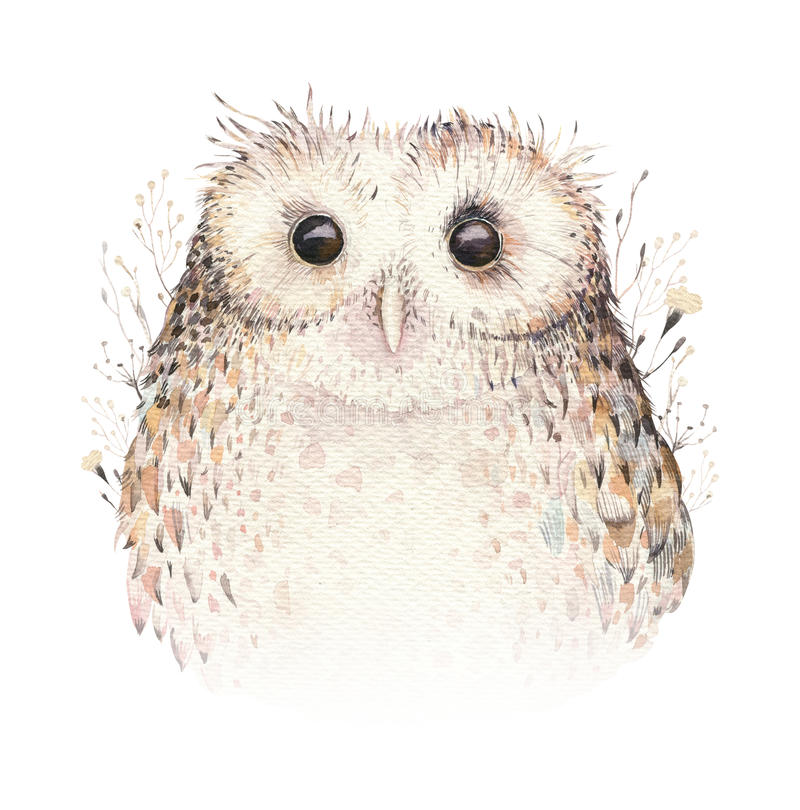I thought we could talk about managing conflict today.
All of us manage conflict in unique ways. We’ve learned conflict management strategies from our families, friends, and professionals in our lives. Some of the strategies we’ve learned work well for us, and others don’t. Some strategies work well in some situations and not others.
The art of successful conflict management involves being skilled in a variety of strategies, and knowing which strategy to apply to the particular circumstance you are facing. Yet, sometimes we simply default to what’s most familiar or comfortable.
What’s your default conflict management style?
In counselling, one of my favourite ways to talk about conflict management styles is to use animals as symbols. Do any of these resonate with you?
Are you a turtle, who tends to avoid and/or hide from any potential conflict situation?
Are you a mouse, who tends to appease and submit to others in a conflict?
Are you a tiger, who faces conflict head on, and tends to use aggressive means to “win” the conflict?
Are you an owl, who aims for a win-win situation by talking calmly and respectfully with others, sharing emotions and goals, encouraging a mutually satisfactory solution?
All of these strategies are valuable because each serves an important, protective function in particular situations.
For e.g., when I’m standing in a lineup to get into a store and another customer angrily tells me I’m standing too close to them, I will likely just quietly step away another two feet to avoid any further conflict (turtle).
If I’m shopping and, when my back is turned, another customer starts to walk off with my grocery cart, I will likely calmly and respectfully tell them that’s my grocery cart and motion to take it back (owl).
If someone is phoning me incessantly and asking for money and not respecting my assertive “no” for an answer, I will likely say in a loud, firm voice “stop calling or I will report you to the police” and hang up (tiger).
Yet, being a mouse MOST OF THE TIME, can leave the mouse feeling resentful, used, and devalued.
Being a tiger MOST OF THE TIME, can lead to unhealthy relationships, loss of friendships, and alienation.
GENERALLY, the assertive style (owl) is the most successful at resolving conflict while keeping relationships and self-confidence intact.
One of the most common assertive communication strategies is to use “I” language. “I” language allows the owl to express how they feel about another person’s behavior without causing defensiveness. It goes like this:
I feel _____(emotion)___________ when you ______(behavior)_______. I need you to ______(behavior change requested)_______.
Note: Be sure to actually identify an emotion (lots of people misuse this statement by saying I feel LIKE you hate me when you…) because your emotions are important and it’s hard for others to argue with how you FEEL. Also be sure to describe the behavior objectively (i.e., describe the behavior you see, and avoid judgmental labels like “when you are lazy” for example). And then be specific with how you would like things to change AND be open to ideas that the other person has for change, too! Aim for win-win!
It’s important to recognize that conflict within relationships can be HEALTHY when conversations are as respectful, empathetic, valuing, and goal-oriented as possible. In fact, conflict can ENHANCE and IMPROVE relationships!
Take some time to think about your default conflict management style this week, and how it’s working for you. Perhaps there is opportunity to use another conflict management style and see if it leads you to more success within your relationships? Could be time to break out of that comfort zone and try something new! Or, maybe this is simply an opportunity to pat yourself on the back and validate your skills in conflict management.
either way, You’re OWLmazing!
stay well,
Melanie

